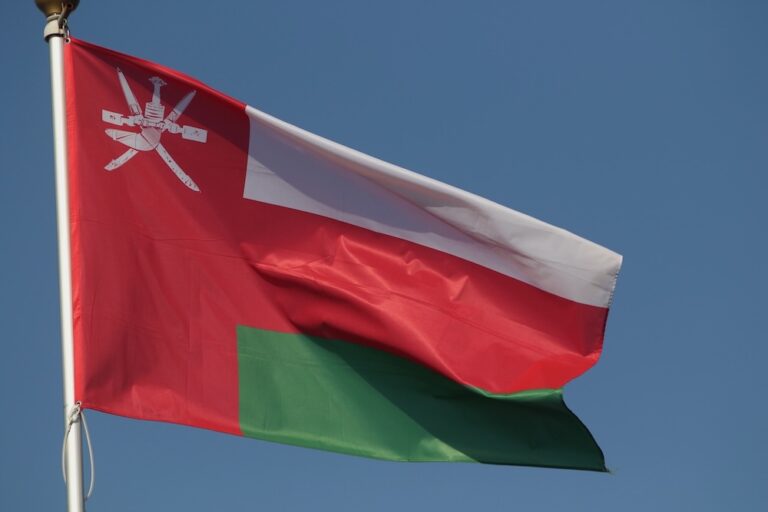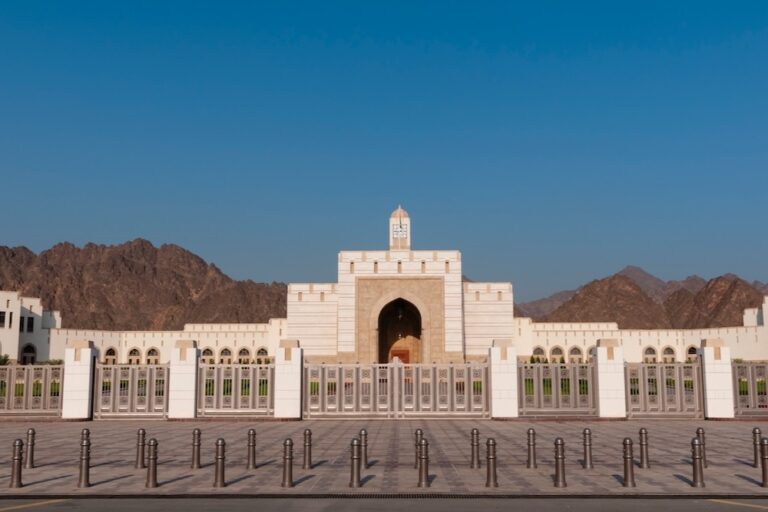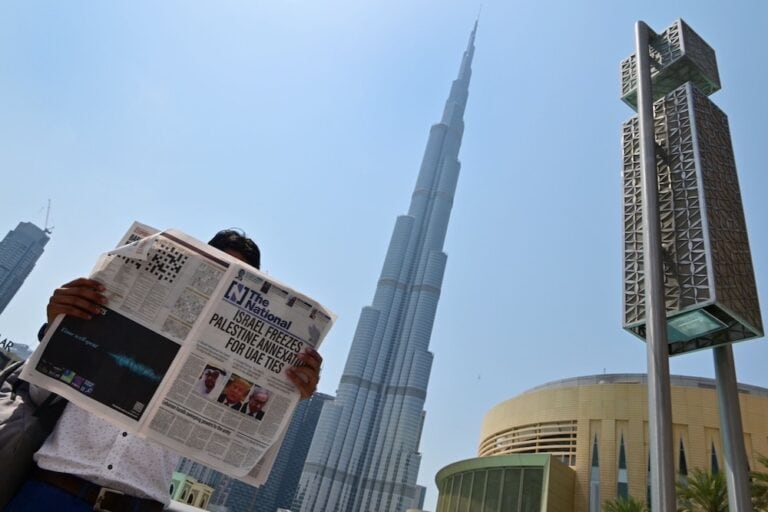"Omani citizens should be able to peacefully assemble and petition their government for positive change," Human Rights Watch said.
(Human Rights Watch/IFEX) – New York, March 3, 2011 – Omani authorities should conduct an immediate, credible investigation into the use of lethal force by the police to quell a demonstration that had turned violent in the northern coastal town of Sohar on February 27, 2011, Human Rights Watch said today.
Riot police reportedly used teargas and rubber bullets against demonstrators, causing numerous injuries and at least two confirmed deaths.
“Oman should ensure that its security forces use lethal force only when absolutely necessary to protect lives,” said Joe Stork, deputy Middle East director at Human Rights Watch. “We urge authorities to investigate the circumstances surrounding these deadly incidents.”
A witness told Human Rights Watch that dozens of demonstrators gathered at the Globe Roundabout, on the edge of Sohar, in the early morning hours of February 27 to protest high unemployment and alleged official corruption. Police attacked the protest without warning, beating protesters with sticks and clubs and taking at least 26 protesters into custody, several witnesses said.
As reports of the arrests spread through the town, many others streamed into the roundabout, at the entrance to Sohar, a town of approximately 120,000 people, 230 kilometers northwest of Muscat and 200 kilometers southeast of Dubai. The witness said that by late afternoon the number of protesters had swelled into the thousands, and protesters began blocking the flow of traffic into and out of the circle.
Violence erupted during the ensuing stand-off between police and protesters, with protesters hurling stones at police and police responding first with teargas and then rubber bullets, the witness said. In response, protesters tried to storm a nearby police station. The witness told Human Rights Watch that he saw at least one protester shot dead on the spot and over a dozen others wounded as policemen fired rubber bullets at protesters from the police station. Al Jazeera and other independent media sources reported the death of another protester from injuries sustained in the violence.
Protesters later set fire to the police station and burned it to the ground. Independent media sources reported subsequent incidents of looting and arson at other locations in Sohar by men wearing masks.
Two witnesses at the Globe Roundabout and at the port of Sohar confirmed to Human Rights Watch on February 28 that police had left the streets of Sohar and that the army had taken up strategic positions throughout the town, including the roundabout.
In the early hours of March 1, these witnesses reported altercations between the army and protesters in the circle. Several protesters were injured as the army cleared the circle, they said. The protests in Sohar began on February 25. On February 27, protesters at the roundabout issued a letter to Sultan Qaboos bin Said Al Said, Oman’s ruler, listing thirty demands, including dismissal of the cabinet, putting six officials on trial for alleged corruption, increasing public sector salaries, and compensating victims of the violence on February 27.
Sultan Qaboos issued a statement on the evening of February 27 promising to create 50,000 public sector jobs and establish additional unemployment benefits of approximately 150 Omani Riyals (US$390) a month. In addition, he ordered police to release the 26 protesters arrested earlier that day. After their release, some of the protesters told family members and friends, one of whom spoke with Human Rights Watch, that they had been beaten while in custody and denied water and food.
Oman should abide by the UN Basic Principles on the Use of Force and Firearms, which state that lethal force may only be used when strictly unavoidable to protect life, and must be exercised with restraint and proportionality. The principles also require governments to “ensure that arbitrary or abusive use of force and firearms by law enforcement officials is punished as a criminal offense under their law.”
“Omani citizens should be able to peacefully assemble and petition their government for positive change,” Stork said. “The authorities should ensure that any use of deadly force was necessary and proportionate in order to save lives, and if it was not, hold those responsible accountable.”
For live updates from the Middle East and North Africa, please click here


